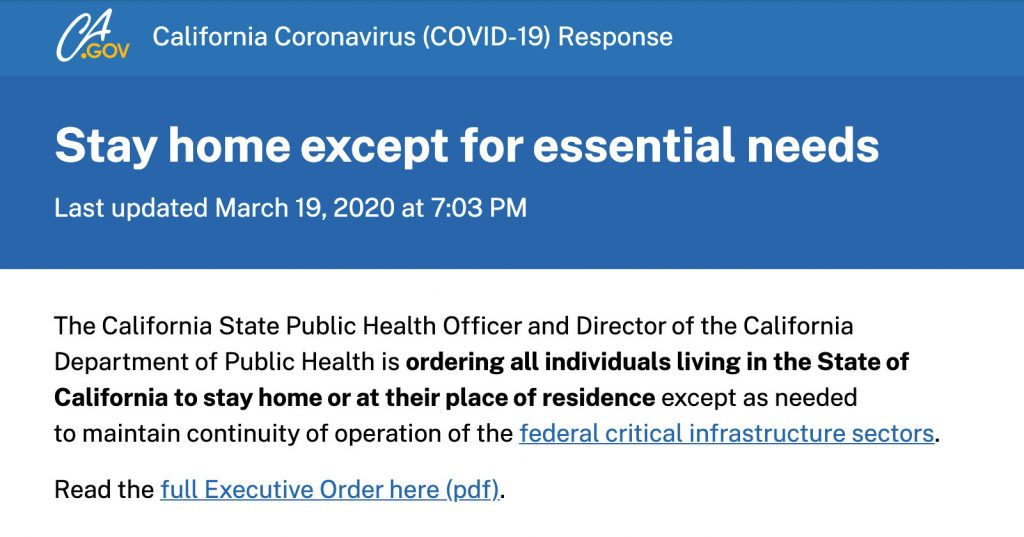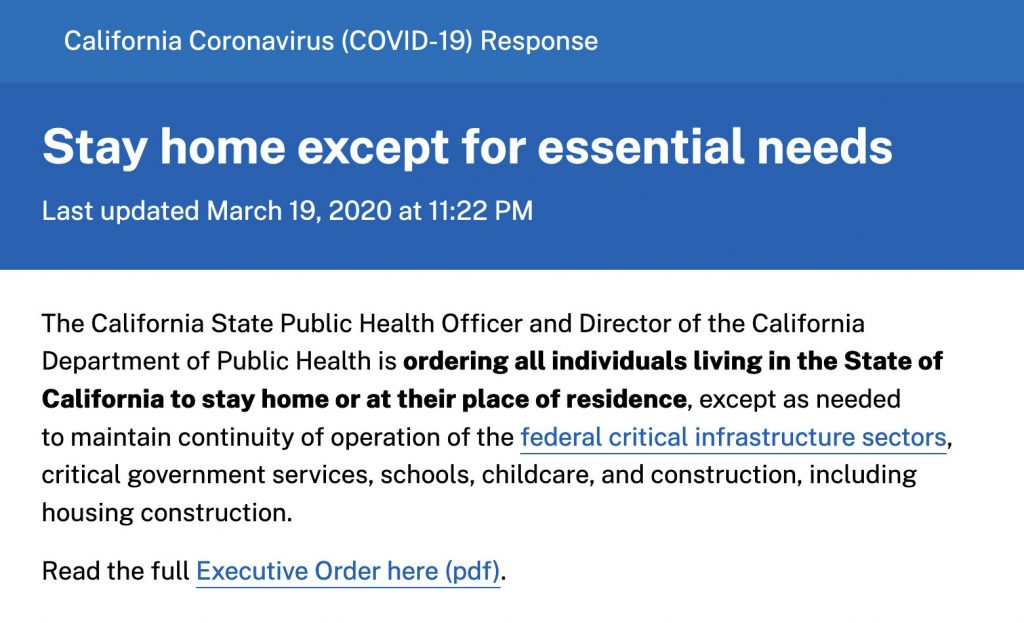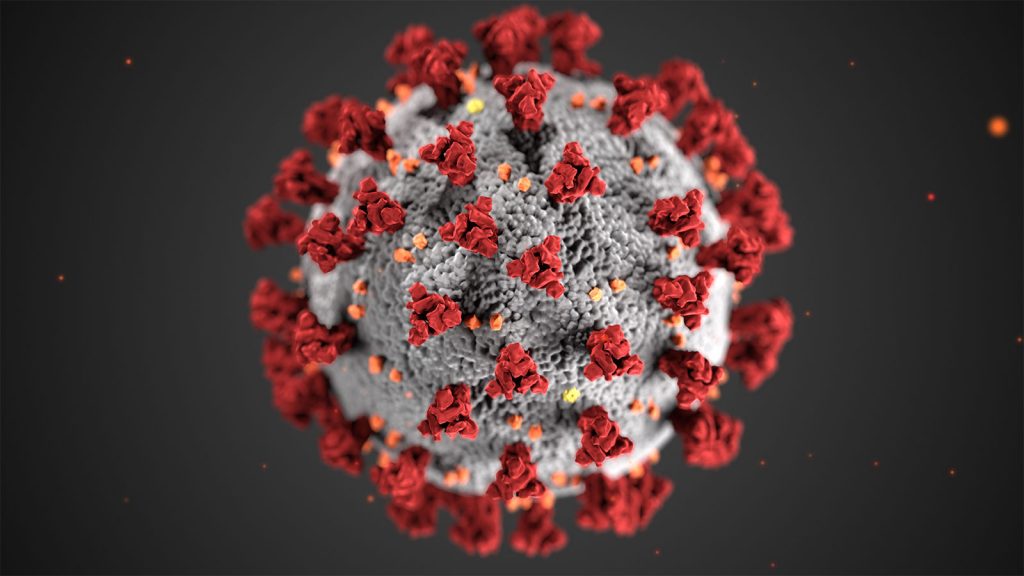Yesterday, Dr. Sara H. Cody, Health Officer of the County of Santa Clara, issued a new Order, that placed further restrictions on individuals and businesses in Santa Clara County, and superseded the original Shelter in Place Order from March 16, 2020. Since the original order, Santa Clara County and the San Francisco Bay Area continued to experience increases in confirmed cases of and deaths attributable to COVID-19, necessitating further measures to slow the transmission of Novel Coronavirus 2019 in the community. This action was taken in coordination with Alameda County, San Mateo County, San Francisco City and County, Contra Costa County, Marin County, and the City of Berkeley.
New Requirement: Essential Businesses Must Implement a Social Distancing Protocol
Customers May Not Bring Reusable Bags in Stores
In November 2016, California voters had approved Proposition 67, which banned single-use plastic bags in favor of recycled paper bags or reusable bags. Well, those reusable bags are now prohibited as well in a bid to reduce potential sources for contamination. This is one of the many changes you will see the next time you are at the grocery store.
Under the new order, Essential Businesses, such as grocery stores, must “prepare, post, and implement a Social Distancing Protocol” at their locations “frequented by the public or employees.” This protocol requires businesses to provide signage about their Social Distancing Protocol and implement measures to protect employee health, prevent crowds from gathering, keep people at least six feet apart, prevent unnecessary contact, and increase sanitization.



